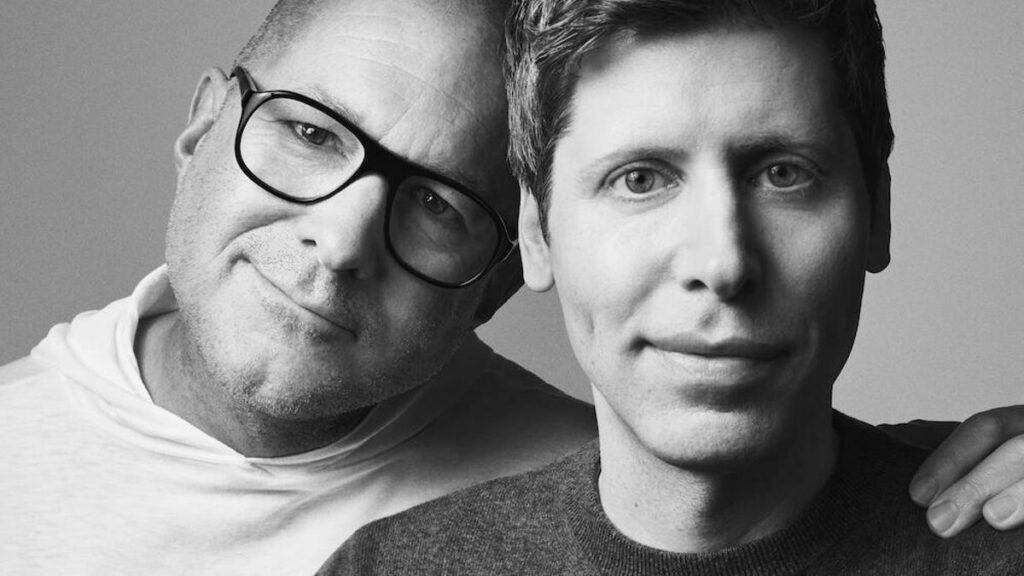Jony Ive, designer of the iPhone and iPod, is working on a new product with OpenAI but is running into technical challenges, according to a report from the Financial Times on Sunday.
(Disclosure: Ziff Davis, CNET’s parent company, in April filed a lawsuit against OpenAI, alleging it infringed Ziff Davis copyrights in training and operating its AI systems.)
According to the FT report, the product is a screenless, palm-size device that takes in audio and visual information and responds to requests. However, OpenAI doesn’t have the size or scale of Amazon or Google, and it can barely handle the computing resources necessary for ChatGPT users.
For customers to have a bespoke AI device, a lot more processing power would be required. That could be why OpenAI entered a multibillion-dollar data center partnership with AMD on Monday. Company CEO Sam Altman praised the deal on X in a post, saying, “The world needs much more compute.”
Don’t miss any of our unbiased tech content and lab-based reviews. Add CNET as a preferred Google source.
Another challenge has been tuning the device to be nonintrusive. It has trouble knowing when to finish a conversation, a known issue with ChatGPT. The team is trying to ensure the device isn’t sycophantic or too eager to agree with everything the user says.
A representative for OpenAI didn’t immediately respond to a request for comment.
With the popularity of AI chatbots, more companies are aiming to extend the AI experience beyond the phone or desktop and into the outside world.
Last year, the Rabbit R1 and Humane AI Pin were marketed as multimodal AI devices separate from your smartphone, taking in surrounding information and controlled mostly by voice. Both devices failed to impress, although the Rabbit R1 did receive a major update last month.
Meta has invested heavily in AI-powered wearables with its Ray-Ban and Ray-Ban Display glasses, with sales for the Meta Ray-Ban tripling this past year.
According to a report from Grand View Research, the wearable AI market is expected to grow to be worth $165 billion by 2030.
OpenAI acquired Ive’s design company, io, in May for $6.5 billion.

